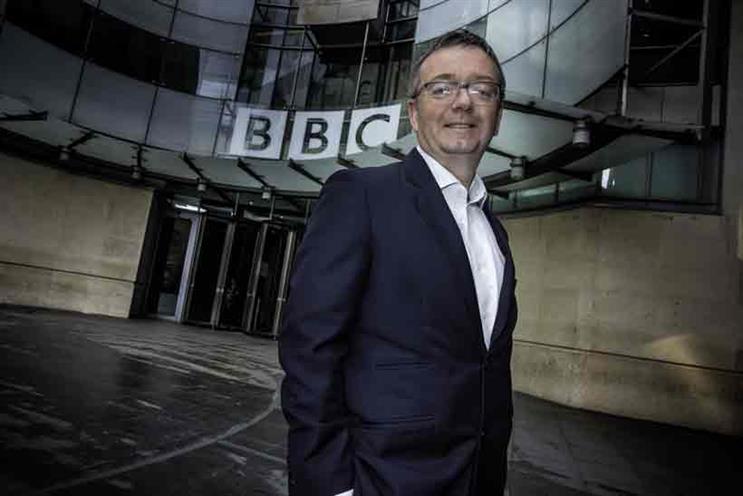Philip Almond is director, marketing and audiences, at the BBC. He joined the corporation after nearly two decades at Diageo, where he held roles including GB marketing director and global brand director.
Trust your intuition.
Most marketers are blessed with plenty of information to inform our decisions and we have more insight at our fingertips than our predecessors could dream of. However, when making the most important decisions – who to hire into what roles, what strategies to invest in and what creative work to buy – you need to trust your own judgment and gut feel. So do the homework, study the data – but always listen to what your instincts are telling you and act on them.
Digital demands a new kind of marketing leadership.
Most of the leading brands are not from the digitally native generation but many of the people who work for them are. The days of the hero chief marketing officer who knows the answer to everything – if they ever existed – are long gone. Effective leadership these days is about how you create the conditions for others to succeed: offering strategic guidance to those who sometimes know significantly more about the tactical answers than you do. So creating a culture where ideas can be listened to wherever they come from, and teams can collaborate with agility, is key.
Content marketers should shine a light on the content, not the marketing.
At the BBC, we have some of the greatest content in the world. It’s a joy to work on brands where, for example, emails can get a 55% open rate – unheard of in most sectors – because people really want to know about the next Sherlock, Attenborough or the latest current-affairs documentary. It sometimes takes a while for agencies and marketers new to the sector to understand that the task isn’t to shine a light on your wonderful marketing idea – but to use your idea to shine an even stronger light on the content. If you want a great example, watch the current launch trail for Planet Earth II (and when it’s out, the series is more than worth a watch too).
Always try to hire people ‘bigger’ than you are
I started my career at Ogilvy & Mather, and one of David Ogilvy’s lessons that has always stuck with me was when he showed a picture of a set of Russian dolls. He pointed out that if everyone in an organisation hired people smaller than them, you will rapidly have a collection of minnows; go the other way and you will have a team of giants. Confidently hiring a team who can all do things you can’t, and creating a culture where they are confident enough to bring their best and challenge your assumptions, is when magic happens.
The BBC has been a purpose-led organisation for more than 90 years.
Our public-service mission to "inform, educate and entertain" has always been our North Star, and we are currently busy ensuring that we can continue that mission as we move from linear broadcast to a fully digital world. That purpose is a huge strength and is what inspires and unites everyone who works here. If you don’t believe in it, you’re better off somewhere else.
I’ve heard some people say recently that having a purpose also makes strategic decisions easier for businesses. My experience would suggest otherwise. At the BBC, there are always more things we could do for audiences, to fulfil our purpose, than we have the time and money for – especially given the savings we have to make under the new charter. A great purpose engages your workforce and helps audiences understand the role you play in their lives, but tough strategic choices are always with you.
If you’re thinking about a new role, go for something that will excite you.
A role that offers you a chance to learn new things and helps you to your ultimate goal. The remuneration side is always important, but feeling energised and knowing why you come to work with the people you do is the most important thing.
We use far too much jargon in marketing.
There’s no excuse for it. We, above all other functions, should know that words are best used to communicate, not to create priesthoods. Say what you want to say in words your mum could understand and you have half a chance of being effective.


